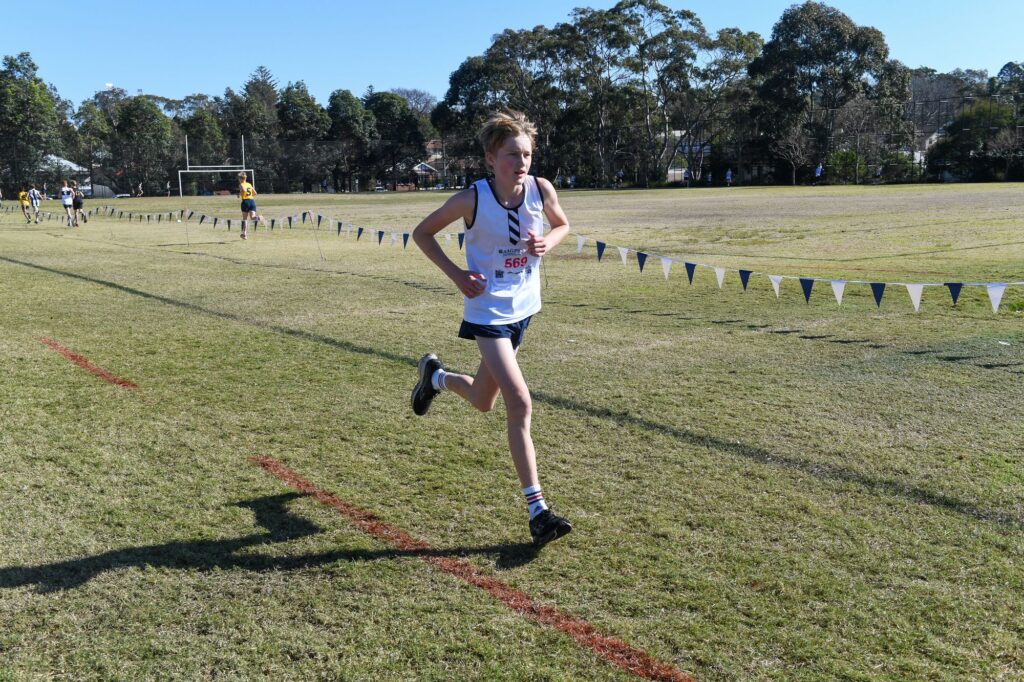Message from the Headmaster
‘Do not be anxious about anything, but in every situation, by prayer and petition, with thanksgiving, present your requests to God. And the peace of God, which transcends all understanding, will guard your hearts and your minds in Christ Jesus. ’
Philippians 4:6-7
Dear Students, Parents and Carers
The Epidemic of Anxiety in Young People
The tsunami of mental health issues that has beset youth in the Western world in the last couple of decades is well-known. At Shore, we dearly want our young people to flourish. The latest in a series of summary reports of major literature in the field has been compiled by, Mr Stuart McCormack, Head of Students. The research is American, by the author of The Coddling of the American Mind, which examined the collapse of resilience in American college and university students. Our default assumption is that what is true in America as a social trend, takes root subsequently in Australia. Haidt argues that parents are too vigilant in minimising physical risk, which inhibits the kind of developmental play needed to future proof a child, and far too liberal, indeed indulgent, in allowing young people extensive access to the virtual world with far too few protective strategies. Mr McCormack’s excellent summary appears below:
The Anxious Generation – How the Great Rewiring of Childhood is causing an Epidemic of Mental Illness by American psychologist Jonathan Haidt.
Have we reached a point where we are over-protecting young people in the real world and under-protecting them in the digital, online world?
Haidt’s The Anxious Generation is a challenge and a call to arms to all parents, educators, and policymakers who care deeply about our children and teenagers growing into resilient, confident and capable adults who can develop healthy relationships and a deep sense of meaning and purpose in life.
Haidt’s book explains some of the reasons why the mental health and wellbeing of young people is declining at an alarming rate, specifically among Gen. Z (born 1997-2012). He discovered that declining mental health is common amongst many Western nations and has been synchronised to such an extent that it cannot be ignored and requires collective consideration of positive and constructive solutions to reverse. He also notes the alignment of such trends with the introduction and prolific uptake of screen-based technology, especially smartphones.
Haidt claims that play-based childhood, a critically important experiential and developmental time for children, has been steadily replaced by a phone-based childhood. A steady shift in parental practice has seen children and teens withdrawing from ‘risky’, active and healthy play and devoting significant time, energy and attention to the digital world via their devices. In doing so, they are dangerously neglecting and avoiding many formative and critical real-world experiences that are essential to building positive mental health, strong and secure relationships and the capacity for resilience. Furthermore, The Anxious Generation claims that much of the content and online experiences for young people, e.g. social media, unfiltered and excessively violent viewing, addictive gaming, gambling and pornography, are not only harmful but devastatingly so.
Whilst the trends and statistics make for sobering reading, Haidt offers some helpful and practical remedies that are worthy of our attention. They are:
- No smartphones prior to high school
- No social media prior to 16 years of age
- School bans on smartphones
- Increased active and unsupervised play
At Shore, we recognise the health and wellbeing of our students as core School business. Indeed, it is critically important and linked to their learning progress and academic achievement. We are committed to a rich and vast co-curricular programme that offers the boys abundant opportunities for healthy team-based play, creative pursuits and various outdoor education experiences that all, in many and varying ways, build healthy habits of wellbeing and positive mental health. We are also seeking to review and refine specific areas of our wellbeing programmes that can target the most relevant areas of need for our students; digital nutrition is certainly among them.
The Pastoral Care Team welcomes conversations with any family that would like further information or advice on these issues as we attempt to ensure that the generations from Shore are well, full of hope and optimism and ready to contribute meaningfully to life beyond School.
Review summary prepared by Mr Stuart McCormack, Head of Students

At Shore, we implement a number of protective factors. Exercise, as in vigorous sporting activities, is known to be one such factor. Another is our outdoor education programme, including Cadets and the Duke of Edinburgh Award Scheme, as well as year-based camps, sequenced through late Prep School and Senior School years, all designed to develop self-reliance and resilience. Similarly, our House-based Pastoral Care system is designed to enfold students within community, where no child is overlooked. For those who do present with issues of various kinds, our Counselling team is large and well accredited. Our faith perspective is designed to provide an anchor and a sense of meeting and purpose. This is beautifully captured by the New Testament writer, the Apostle Paul
“Do not be anxious about anything, but in every situation, by prayer and petition, with thanksgiving, present your requests to God. And the peace of God, which transcends all understanding, will guard your hearts and your minds in Christ Jesus.”
(Philippians 4:6-7).
Implicit in this material is the need for parents to make decisions about what parenting style is most appropriate for each child in both the real and the virtual worlds.
Dr John Collier
Headmaster
































































